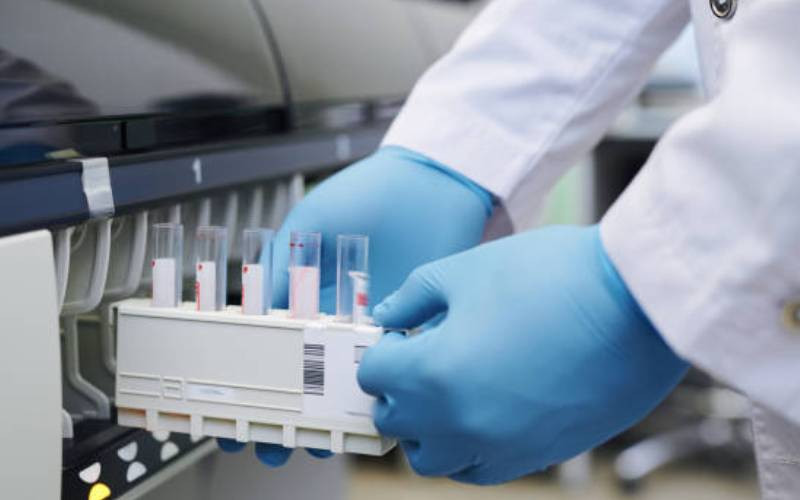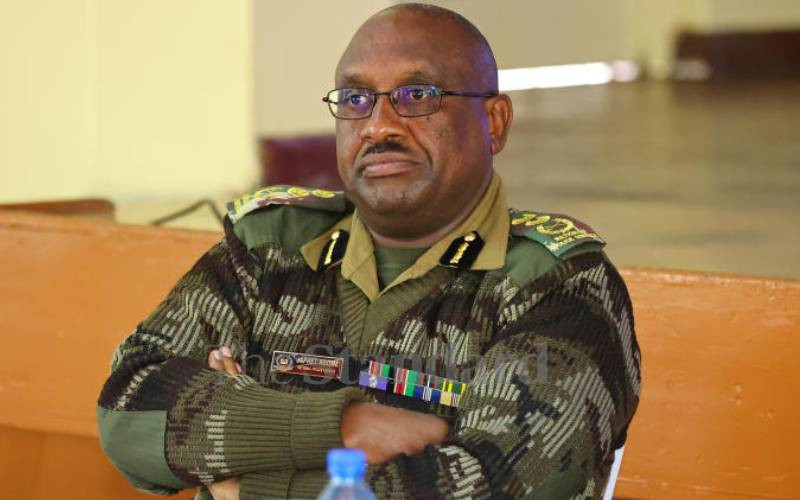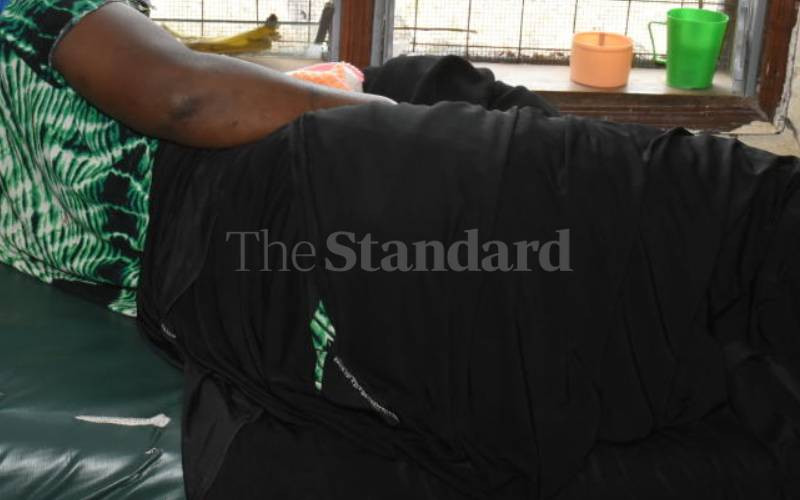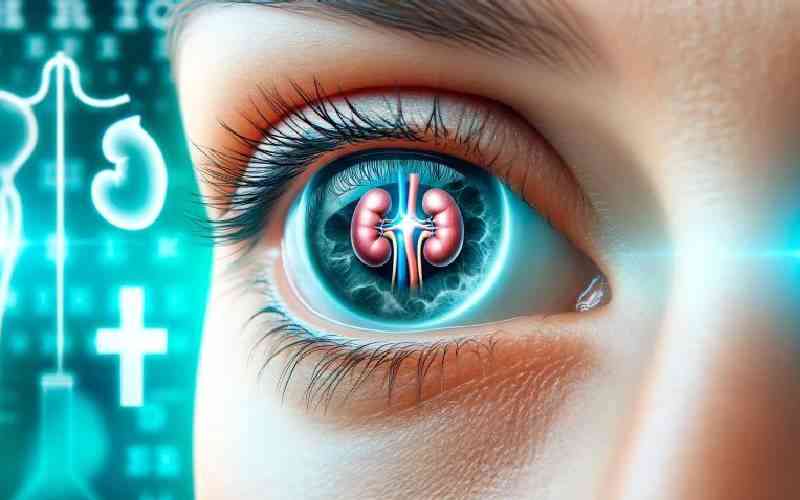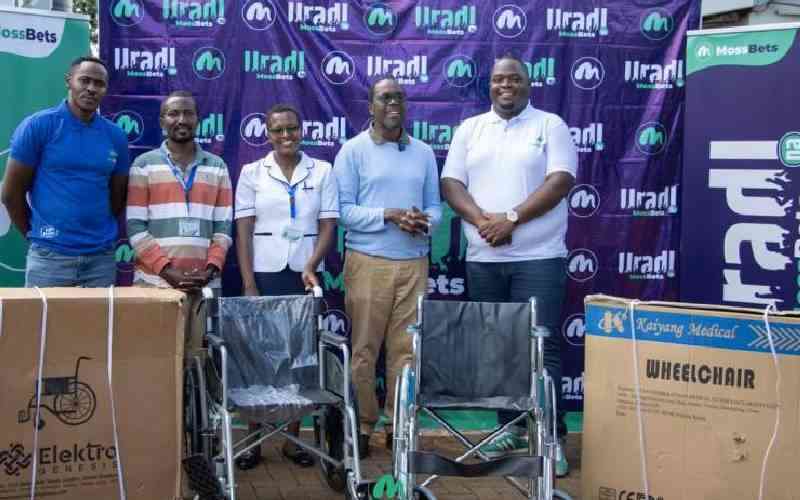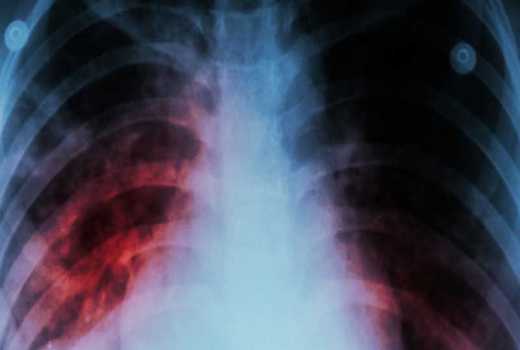
As the world marks tuberculosis (TB) day with the theme ‘Wanted: Leaders for a TB-free world’, it is important to address extra-pulmonary tuberculosis.
This is an adverse form of the disease which is prevalent especially in our immunocompromised patients from various causes.
The mention of tuberculosis conjures up images of a wasted person with a persistent cough, sometimes with sputum which may be bloody, chest pains, weight loss and fever with night sweats.
While these are the typical symptoms of a person suffering from pulmonary (lung) TB, there are other manifestations of TB, particularly extra-pulmonary TB, which few Kenyans are aware of.
According to the WHO report, tuberculosis is the leading cause of death, which ranks above HIV/AIDs
While pulmonary TB accounts for about 70 percent of TB cases, extra pulmonary TB accounts for 20 to 30 percent. This type of TB can affect any part of the body.
Doctors always look-out for patients who come with symptoms that might appear not connected to pulmonary TB but have been persistent for a while. More often than not, these patients have received treatment, but their illness has not improved.
Spinal TB is a potentially debilitating form of extra pulmonary TB as it can lead to paralysis. Any persistent back pain accompanied by fever and weight loss should trigger an alarm for spinal TB. The investigations needed to detect this form of TB are MRI, CT or ultrasound scans, X-rays, fine needle aspiration, or bone biopsy.
In Kenya, treatment for any TB both pulmonary and extra-pulmonary is provided free by the government. This consists of a combination therapy of four drugs taken for two months and two drugs taken for four months. This six-month treatment works for most cases of TB except for meningitis and bone TB which require more aggressive therapy which often takes at least nine months to even longer depending on the response to treatment.
Most people with TB are cured by strictly following a drug regimen that is provided to patients with support and supervision. Treatment of TB is sometimes complicated by resistance. This is a situation where the bacteria that causes TB does not respond to one or more of the drugs used in its treatment.
Resistance is caused by inappropriate, or incorrect use of antimicrobial drugs, or use of ineffective formulations of drugs (e.g. use of single drugs, poor quality medicines, or those kept in bad storage conditions) and premature treatment interruption.
Detection is done using special laboratory tests which analyse the bacteria for sensitivity to the drugs, or detect resistance patterns.
Resistance can vary from one drug (mono resistance) to two drugs or more (multi-drug resistance (MDR) (which has to include at least isoniazid and rifampicin) of the most powerful anti-tubercular drugs available.
Extensive drug-resistant (XDR) tuberculosis occurs when the TB is resistant to the above two drugs as well as fluoroquinolones and any of the three injectable medications. This is an extremely difficult and expensive form to treat and most patients succumb to the disease.
Drug resistant TB is a big concern in Kenya and the only solution to controlling it is making sure that the TB patient gets cured the first time round by providing access to diagnosis, having adequate infection control in facilities where patients are treated and ensuring the appropriate use of recommended second-line drugs.
Ninety per cent of patients diagnosed with ordinary TB will be treated successfully with proper adherence to drugs. The cost of treating normal TB is approximately Sh7000 in a private hospital, while the cost of treating drug resistant TB can run to millions of shillings per patient. It is therefore critical that all measures are taken to ensure that the dosage schedule is followed to avoid developing resistance to these drugs.
Any patient who has been coughing for at least two weeks or more and has been experiencing fevers, weight loss, night sweats and has not felt any better despite taking antibiotics for the Community Acquired Pneumonia should try seek medical help to rule out tuberculosis.
Dr Salim Hassanali is a Consultant Pulmonologist/Intensivist at Aga Khan University Hospital, Nairobi
 The Standard Group Plc is a multi-media organization with investments in media platforms spanning newspaper print
operations, television, radio broadcasting, digital and online services. The Standard Group is recognized as a
leading multi-media house in Kenya with a key influence in matters of national and international interest.
The Standard Group Plc is a multi-media organization with investments in media platforms spanning newspaper print
operations, television, radio broadcasting, digital and online services. The Standard Group is recognized as a
leading multi-media house in Kenya with a key influence in matters of national and international interest.

